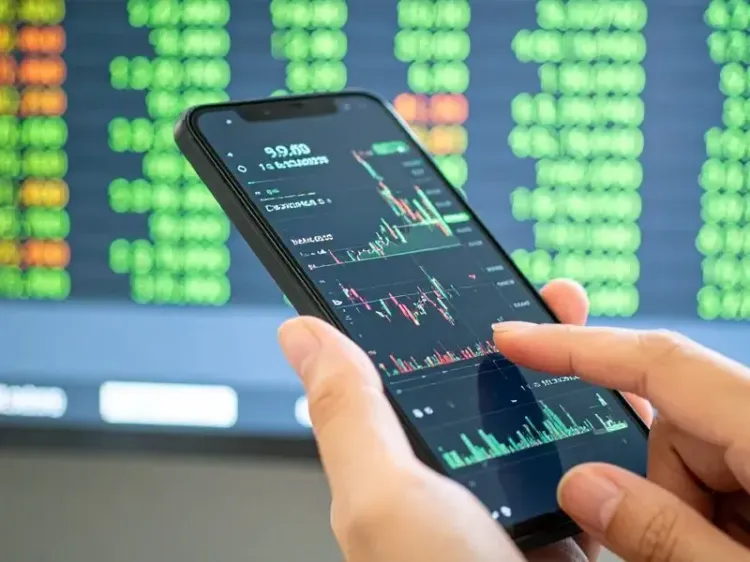How Did IndiGo Surge After BSE's Sensex Inclusion While Tata Motors PV Declined?

Synopsis
Key Takeaways
- IndiGo is set to join the Sensex on December 22, boosting its stock performance.
- Tata Motors PV faced a decline post-exclusion from the index.
- Market capitalization is crucial in assessing a company's stability.
- Investments in aviation assets are expected to enhance IndiGo's operations.
- BSE's index changes impact investor sentiment and stock prices significantly.
In a significant market move, Interglobe Aviation, the parent entity of IndiGo, witnessed an increase of approximately 2 percent, reaching Rs 5,953 in early trading on Monday. This surge followed the announcement from BSE confirming that the airline's stock will be incorporated into the 30-share Sensex on December 22, replacing Tata Motors Passenger Vehicles.
On the other hand, shares of Tata Motors' passenger vehicle division fell by more than 1.5 percent post-exclusion. However, both stocks managed to recover some of their losses by 11:20 am.
At that time, Interglobe traded at Rs 5,853, showing an increase of Rs 9.50 or 0.16 percent, while Tata Motors PV was priced at Rs 357.40, down Rs 4.85 or 1.34 percent.
Interglobe's market cap reached Rs 2.27 lakh crore, with a P/E ratio nearing 45. The stock has appreciated approximately 9 percent over the last six months and more than 28 percent in 2025 thus far.
In contrast, Tata Motors Passenger Vehicles has a market capitalization of Rs 1.32 lakh crore and a P/E ratio surpassing 1.4.
On October 14, the shares of Tata Motors PV were listed at Rs 400 on the NSE, reflecting a substantial drop of 39.5 percent (or Rs 260.75 per share) from its previous closing price after a unique pre-open session on the exchanges.
Earlier this month, IndiGo sanctioned a capital investment of $820 million (approx. Rs 7,294 crore) to acquire aviation assets, facilitating aircraft ownership. This investment is anticipated to be executed during FY 2025-26, across multiple phases.
BSE also revealed several additions and removals from its crucial indices, including Max Healthcare Institute taking the place of IndusInd Bank on the Sensex 50 starting December 22. Additionally, Canara Bank, AU Small Finance Bank, Punjab National Bank, and Union Bank of India will be added to the BSE Bankex starting December 26, according to a statement from the stock exchange.









